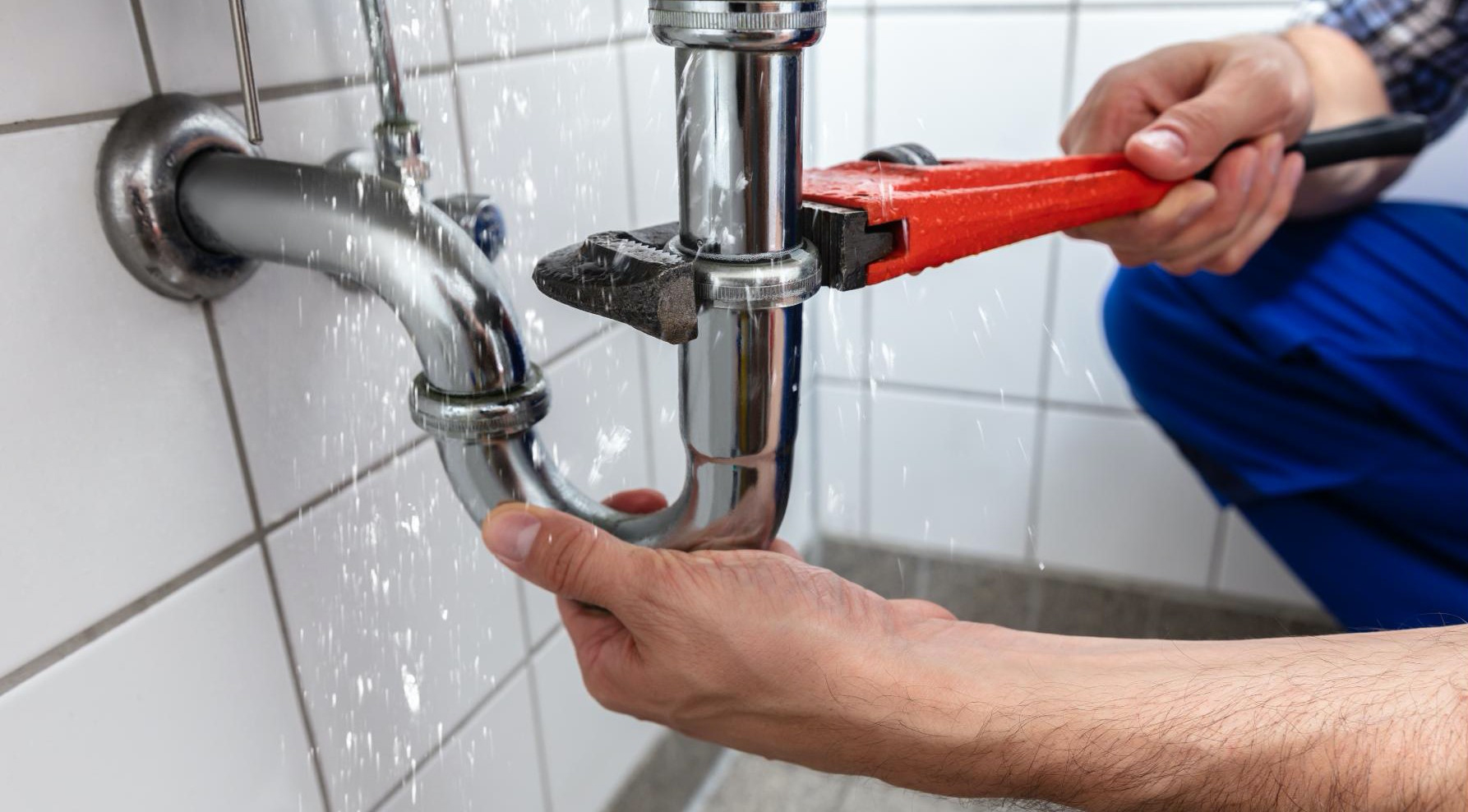March 16th 2020
The main objective of creating a portfolio of investment properties is to generate income. Passive income from the collection of rents. And of course, as with the case of any income, taxes are an inevitable consequence. But taxes are not payable on the total rent collected. Expenses may first be deducted. And this is one of the reasons record-keeping is so very important.
.jpg)
We understand the difference between gross income and net income. From the total rent received, we want to deduct our operating expenses such as gas, electricity, water, municipal taxes and insurance. And in the case of properties that have mortgages in place, also the interest paid. The principal portion of each mortgage payment is deemed to be income and is taxable. But we also need to take into account repair and maintenance costs. And here it can get a little tricky.
 Whenever you spend money on your rented properties that could be considered ‘repair and maintenance’, these costs must be classified one of two ways. Either as an ‘expense’ or as a ‘capital improvement’. And they are handled quite differently when it comes to income tax. An expense, such as the repair of a leaky faucet is deducted directly from the gross income the year the money is spent. A capital improvement is not. It is added to the acquisition cost of the property, and while it may be depreciated gradually over time, it does not give a dollar for dollar reduction in your income. And it’s not always easy to determine whether a cost is an expense or a capital improvement. If, for example, you build a garage on the property, that would be a capital improvement. So, in all likelihood would be the addition of a deck or a family room. There is an argument that if what you are doing is replacing what is already there, as in the deck, for example, it is a repair or maintenance and can be expensed, but this is something you’ll want to discuss item by item with your accountant.
Whenever you spend money on your rented properties that could be considered ‘repair and maintenance’, these costs must be classified one of two ways. Either as an ‘expense’ or as a ‘capital improvement’. And they are handled quite differently when it comes to income tax. An expense, such as the repair of a leaky faucet is deducted directly from the gross income the year the money is spent. A capital improvement is not. It is added to the acquisition cost of the property, and while it may be depreciated gradually over time, it does not give a dollar for dollar reduction in your income. And it’s not always easy to determine whether a cost is an expense or a capital improvement. If, for example, you build a garage on the property, that would be a capital improvement. So, in all likelihood would be the addition of a deck or a family room. There is an argument that if what you are doing is replacing what is already there, as in the deck, for example, it is a repair or maintenance and can be expensed, but this is something you’ll want to discuss item by item with your accountant.
If you elect to depreciate your properties, you begin with the acquisition cost of the property (purchase price less reasonable allotment for land value). Whenever you do a capital improvement, the acquisition value increases accordingly, and therefore so does the amount you can depreciate. Keep in mind, however, if and when you elect to sell the property, or in the event of your passing, it is deemed to be sold, your estate will have to pay  recapture tax on all the amounts you depreciated and capital gains on all additional profit. It can get quite complicated. You’ll need to have accurate records of all expenses and especially capital cost improvements made over the years.
recapture tax on all the amounts you depreciated and capital gains on all additional profit. It can get quite complicated. You’ll need to have accurate records of all expenses and especially capital cost improvements made over the years.
But tax implications aren’t the only reason why record keeping is important. Once you have a few properties in your portfolio and as time passes, you’ll tend to forget what was done and when. It’s handy to know how long the flooring has been in place. When you last painted the unit and the colour code of the paint in case you need to touch up between tenants. I would suggest keeping a log of each individual property and note down exactly what was done at any given point in time.
And here’s another point to consider while we are on the topic of record keeping. Whenever a tenant vacates and when you go in to inspect the unit, you will often find damage has been done, a ripped screen, cracked door frame, chipped bathtub. Inevitably the tenant will tell you that was the way it was when they moved in. When you rent a car, the agency has you sign a sheet which itemizes the condition of the car at the time of rental. They do it for this very reason. Not a bad idea when you rent a property. Fill out a condition sheet and have the tenant sign it. It’ll remove any question of who did what damage, and it’ll help ensure the tenant is careful knowing there is accountability involved.
We’ll talk a little more about tax implications, especially as it applies to your estate, in our next issue.
Wayne Quirk, Author, “THE MONEY MACHINE”, wayneq@remax-gc.com